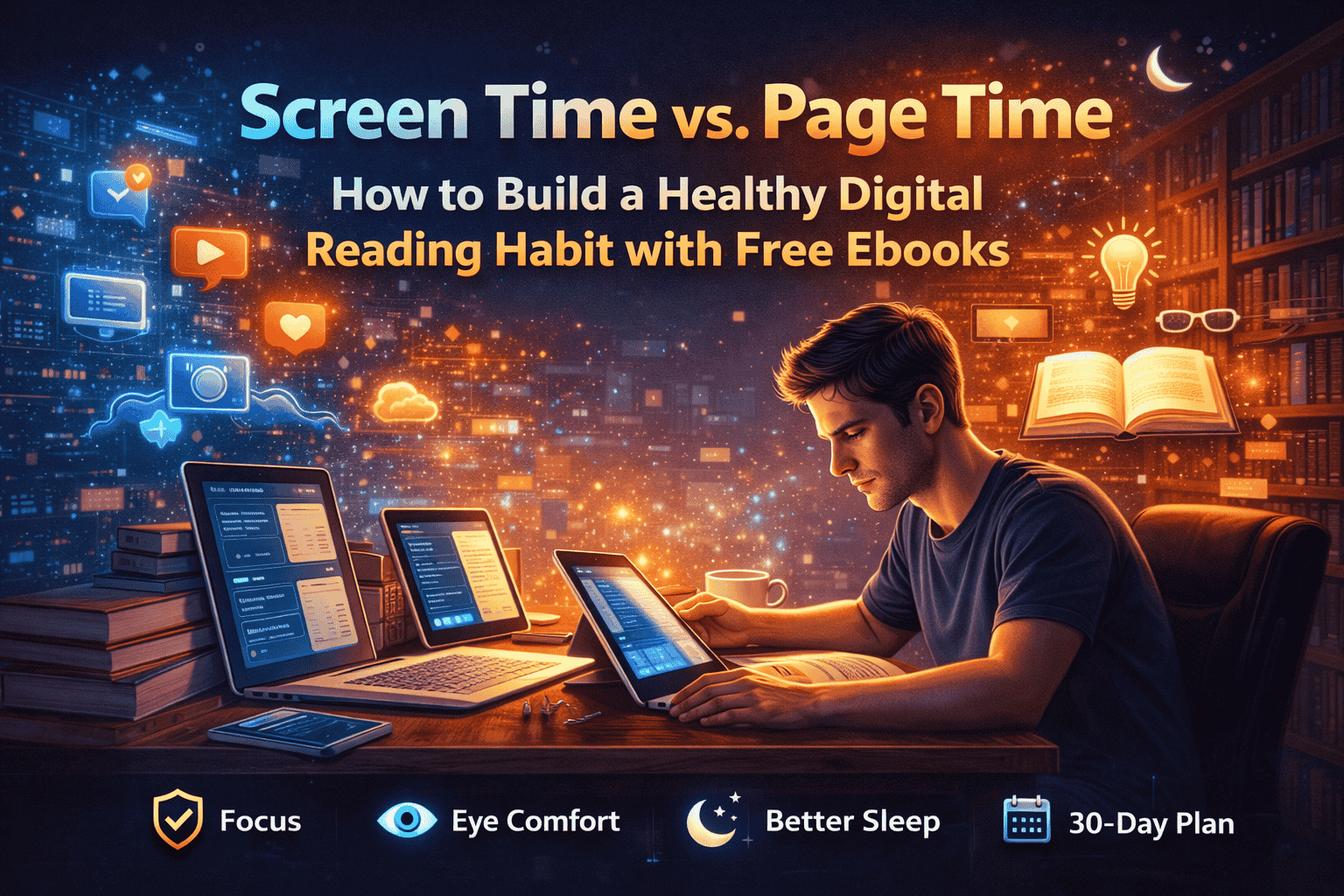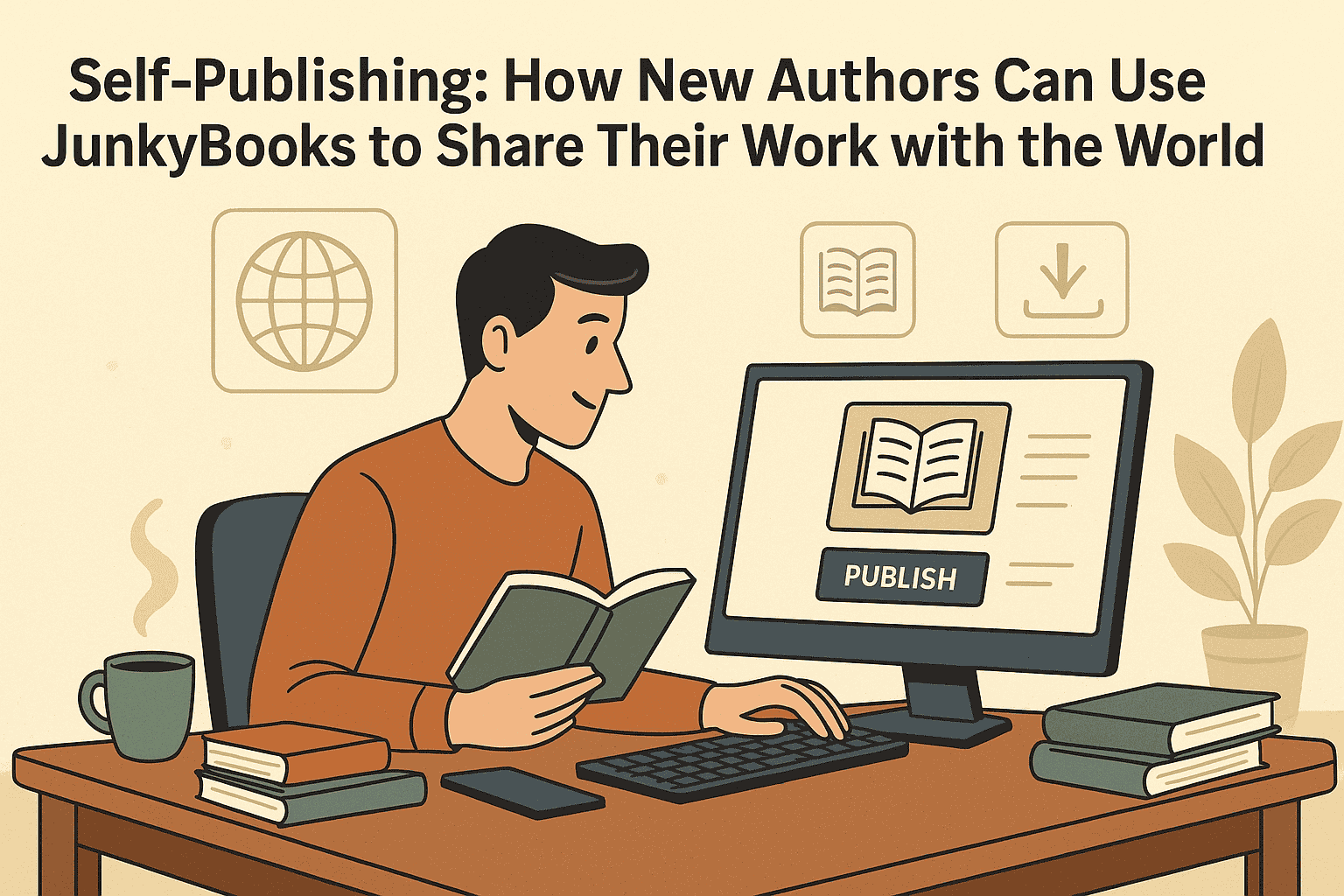The Power of Improved Memory through Reading Books
In a world where information is constantly flowing, having a sharp memory is a priceless asset. From remembering important details to enhancing your learning capabilities, a better memory can enrich every aspect of your life. The key to achieving an improved memory might just be nestled within the pages of a book. Let's explore how reading can boost your memory and provide you with cognitive advantages that last a lifetime.
Why Reading Matters: The Link Between Books and Memory
Reading is more than just a source of entertainment; it's a mental workout that can significantly enhance your memory. When you immerse yourself in a book, your brain is engaged in a multitude of processes—comprehension, visualization, and pattern recognition. These activities stimulate different parts of your brain, fostering neural connections that contribute to memory improvement.
The Magic of Mental Stimulation: Exercising Your Brain
Reading books is like sending your brain to the gym. Just as physical exercise strengthens your body, mental stimulation strengthens your brain. When you read, you're exposing your mind to new ideas, perspectives, and concepts. This mental workout enhances your cognitive abilities, including memory retention.
How Reading Enhances Memory: The Cognitive Benefits
Building Vocabulary: As you encounter new words in books, your brain works to understand their meanings and context. This process not only expands your vocabulary but also sharpens your memory as you associate words with their definitions.
Visualizing: Many books describe scenes, characters, and places in vivid detail. When you visualize these elements, you're engaging your brain's visual memory centers, creating mental images that stick with you.
Storytelling and Recall: Reading stories involves tracking characters, plotlines, and events. Your brain creates mental maps of these narrative elements, improving your ability to recall details and sequences.
Pattern Recognition: Fiction and non-fiction alike often present patterns and connections. Your brain recognizes these patterns, training your memory to identify similarities and differences in various contexts.
Focus and Concentration: Reading requires sustained focus. Developing this skill enhances your ability to concentrate, which in turn aids memory recall in everyday situations.
Active vs. Passive Reading: Maximizing Memory Benefits
Not all reading is equal when it comes to memory enhancement. Active reading involves deliberate engagement with the content. This can include summarizing paragraphs, highlighting key points, and making connections to your own experiences. When you actively interact with the material, you're reinforcing memory pathways and improving comprehension.
The "Spacing Effect" and Memory Retention
The "spacing effect" is a memory phenomenon that suggests learning is more effective when spread out over time. Reading books provides an opportunity to apply this concept naturally. When you read a book in multiple sessions, your brain has time to process and consolidate information. This approach enhances long-term memory retention compared to cramming information all at once.
Reading as Mental Relaxation: Stress Reduction and Memory
In addition to its cognitive benefits, reading can also be a form of mental relaxation. When stress levels decrease, memory performance often improves. Engaging with a good book provides an escape from daily worries, allowing your mind to reset and function optimally.
Reading Across Genres: A Holistic Memory Boost
Whether you prefer novels, non-fiction, self-help, or even poetry, each genre offers a unique memory-enhancing experience. Fiction hones your imagination and narrative memory, while non-fiction provides opportunities for critical thinking and factual recall. Exploring different genres exposes your brain to diverse mental challenges, promoting well-rounded cognitive growth.
In Conclusion: A Lifelong Investment in Memory Enhancement
Reading is not only a source of knowledge; it's a journey toward improved memory and cognitive prowess. By consistently engaging with books, you're nurturing your brain's ability to retain and recall information. The cognitive benefits of reading extend beyond the pages, enhancing your everyday life and enabling you to navigate challenges with greater mental acuity.
As you dive into the world of books, remember that each page you turn is a step towards a more vibrant memory and an enriched mental landscape. Whether you're exploring captivating narratives or delving into thought-provoking non-fiction, the act of reading is an investment in your memory that pays dividends for years to come. So, as you embrace the joy of reading, savor the knowledge that your efforts are contributing to a sharper, more agile mind—one that's equipped to excel in every facet of life.






